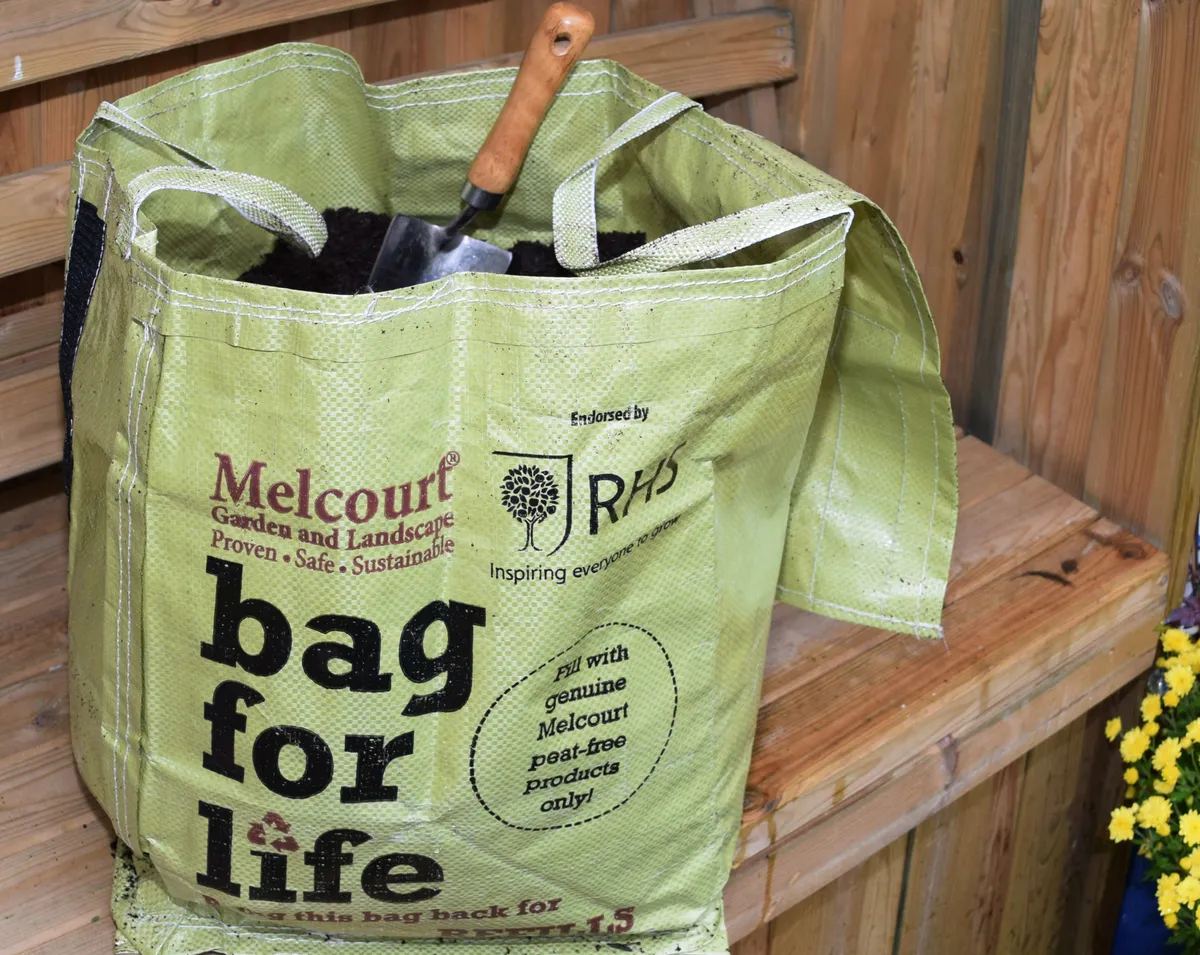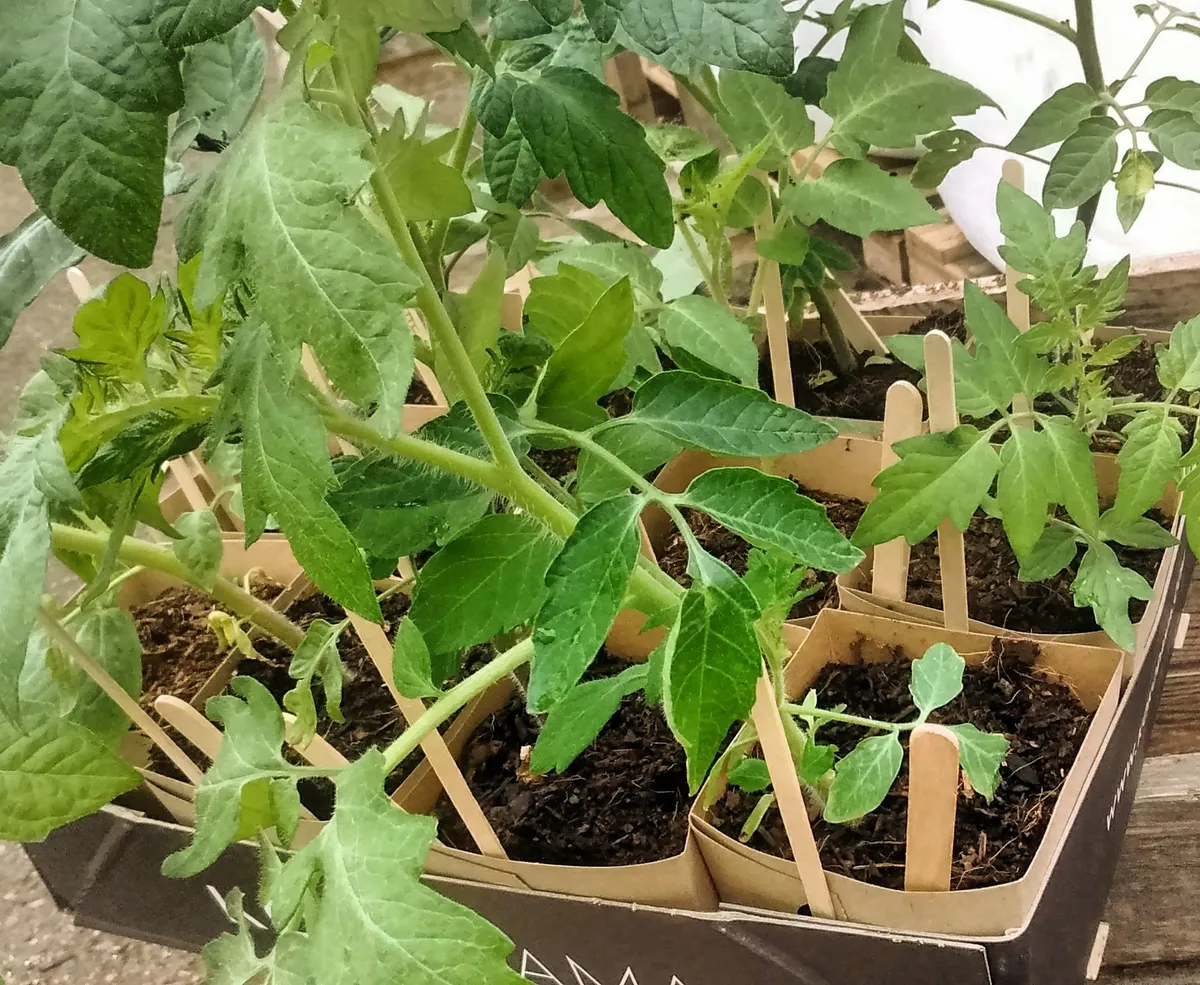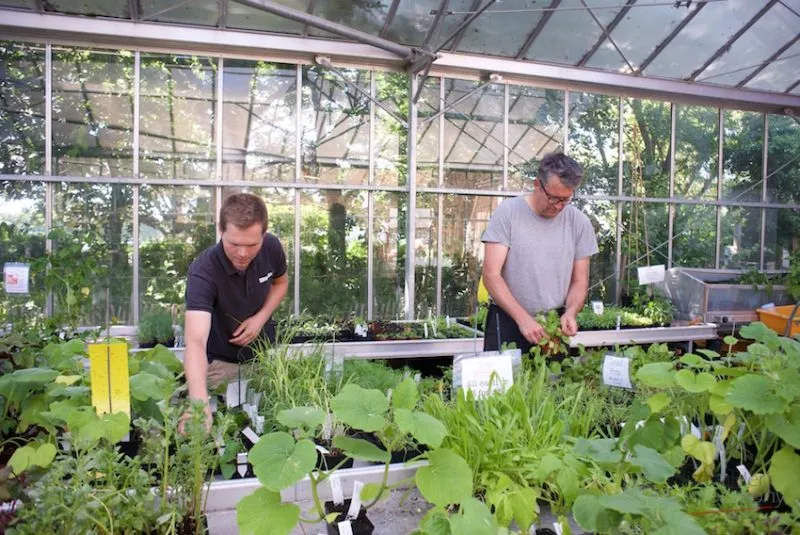Our nursery and garden centre EdibleCulture has been selling plastic free for a season. The big difference between us and a lot of other places, is that we don't promote home recycling of plastics. Quite simply, we say: reduce, reuse and then if you have to…recycle.
We want to see less plastics produced and innovative methods to get horticultural products out to people, which is why we developed the compost bag for life, POSIpot and lots of other initiatives that are disruptive, challenge greenwash (when people make unsubstantiated claims about the environmental benefit of a product) and counter profit over environmental benefits. Here are ten things you can do to reduce your plastic use in the garden.
Tips for gardening without using plastic
Don’t be afraid to challenge
Ask nurseries or garden centres about their plastic use – Create a conversation about responsible sourcing of gardening products. Vote with your wallet. Also ask online sellers if they offer plastic-free postage and packing; if not, why not?
Buy local and plastic free
Buy UK-grown plants – bareroot in the winter (fruit trees, soft fruit etc) or use the growing number of nurseries that sell using our POSIpot. Don’t buy imported plants, or plants out of season, don’t be fooled by plants planted in different colour pots claiming that they are recyclable or compostable. Better not to have a plastic pot than something that has a huge hidden environmental impact.

Always buy peat-free compost
And best of all look for nurseries and garden centres selling it in a bag for life form. Look to Melcourt, who are launching this for the new season. Here's our guide to buying peat-free compost.
Ask yourself if you need pesticides
Instead of buying pesticides in plastic packaging find a natural balance with how you cope with pest and disease within your environment. If you are growing certain plants that get a lot of problems from pest and disease stop growing them (cabbages are a classic example) and research alternatives, recognise that plants generally do a lot better outside, consider keeping areas of your garden messy and wild, most pests have natural predators, they need somewhere to live too. Research companion planting, we sell a lot of artichokes as blackfly would much rather live on them than your beans. Then when the ladybird larva arrives it’s a focused point for their activity.
Here's our guide to companion planting

Use plastic free rabbit guards and ties when planting trees
Guards made from recycled cardboard last exactly the correct time it takes for a tree to establish.
Take pleasure in reusing
Treasure pots and trays you already have, if you have plastic, clean and store in a light free environment. Start using terracotta and value its attributes for growing. A great source for old pots is car boot sales or Freecycle.

Avoid plastic pop-up greenhouses or cloches
These do tend to look like a solution or a good idea, but they invariably fall apart in the second year of use and look terrible. Glass is always better.
Use jute netting and string instead of plastic netting and string
With a crop like beans jute is brilliant because you can rip down the whole plant string and all at the end of the season and bung it on the compost heap.